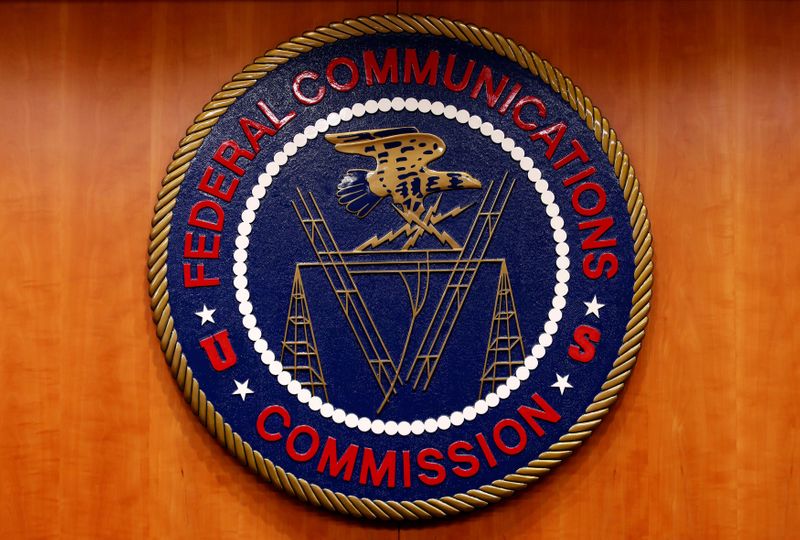By David Shepardson
WASHINGTON (Reuters) - The U.S. Senate is set to vote as early as next week to approve the nomination of a senior Trump administration official who has helped lead an effort seeking social media regulations to a seat on the Federal Communications Commission.
Republican Senate Majority Leader Mitch McConnell filed a procedural motion on Thursday to set up a vote to end debate on the nomination of Nathan Simington, a Commerce Department official, that could take place next week.
If Simington is confirmed, the FCC could initially be deadlocked 2-2 between Democrats and Republicans when Democratic President-elect Joe Biden takes office next month. Some officials think the Senate might not confirm an appointee to the commission for months, if not longer.
That could stymie Democratic priorities on a number of issues at the FCC, including moving to restore the 2015 net neutrality rules overturned by the Trump FCC in 2017.
Two runoff elections in Georgia on Jan. 5 will determine control of the Senate.
Simington was approved along party lines by a 14-12 vote by the Commerce Committee on Wednesday over the objections of Democrats.
President Donald Trump has railed against social media companies and demanded repeal of a social media protection known as Section 230 that is part of a 1996 law. He has threatened to veto an annual defense bill unless Congress agrees.
Section 230 protects tech companies from liability over content posted by users. It has been under attack from Trump and Republican lawmakers, who have criticized internet platforms’ content moderation decisions and accused them of stifling conservative voices.
Trump in May directed the Commerce Department to file a petition with the FCC seeking to curb legal protections for social media companies.

The president tapped Simington after abruptly pulling his nomination of Republican FCC Commissioner Michael O’Rielly for a new term in August after O’Rielly questioned whether the FCC had authority to issue social media regulations limiting Section 230 protections.